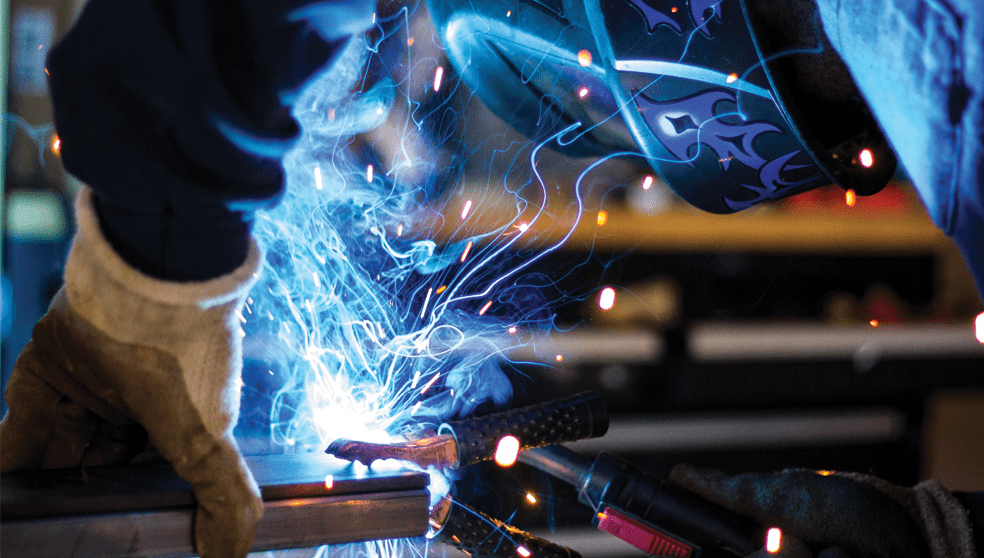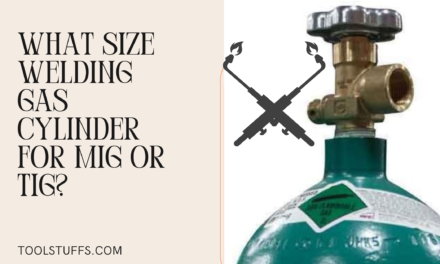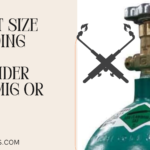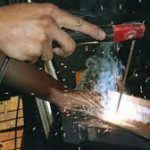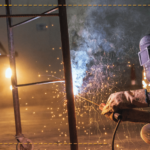If you are a person who loves working with melting and joining metal parts, welding is a possible career option for you. Welding has scope in multiple industries – automobiles, ships and aircraft, construction work, and so on… However, just like any other job, you need to possess some qualifications to become a welder.
Welding mostly involves hands-on work with tools and equipment. You will have to know various types of welding and where to use each method. Here are some steps that would help you start a career in welding.
Take a course Anyone with an interest in the field can become a welder. So, you may enroll in a diploma or avocation-based course to get some basic knowledge of welding. Unlike fields like law and medicine, you do need to have a particular level of education.
Your experience, skills, and craftsmanship are what holds value. After completing high school, you can either enroll in a certificate program or get a degree in welding.
Table of Contents
Gaining experience

A course will teach you valuable techniques. But only when you apply these techniques in the real world you can understand the challenges and risks involved. A good way to gain initial experience is by applying for apprenticeships.
Work under a reputed/experienced welding firm or individual. Learn how and where to apply the different techniques you learned in your course.
Earn an experience certificate

After you complete your apprenticeship, your master will reward you with an experience certificate. This will acknowledge the time you spent honing your welding skills.
An experience certificate is your key to connect with employers. At this point, you can even choose the type of welding you’d like to specialize in.
Become a certified welder
There are some standard examinations to test your knowledge of welding. Usually, certification exams do not have a strict eligibility criterion. To strengthen your resume, it is recommended to clear a standard certification exam.
If you have religiously completed your degree and apprenticeship, you may not need any extra preparation for the exam.
Land your first welding job!
Equipped with your experience certificate and certification, you can now confidently start looking for employers to hire you. Do not be hesitant to show off your skills and specialized knowledge.
Although it is your first proper welding job, do not settle for less what you deserve. Negotiate your pay and join a firm that you feel would best suit you.
One must understand that welding involves certain hazards too. When you join as a full-timer, you will most probably spend the day in protective equipment such as thick boots, goggles, gloves, etc… Therefore, choose this is as your profession only if you feel that you will enjoy the job in the long run.
Although there are no special requirements for the job, it is recommended to have a strong knowledge of mathematics and science.
You will likely be measuring metal parts and dealing with melting points, inert gases, etc… Thus, concentrate on math and science classes in high school. Happy welding!

